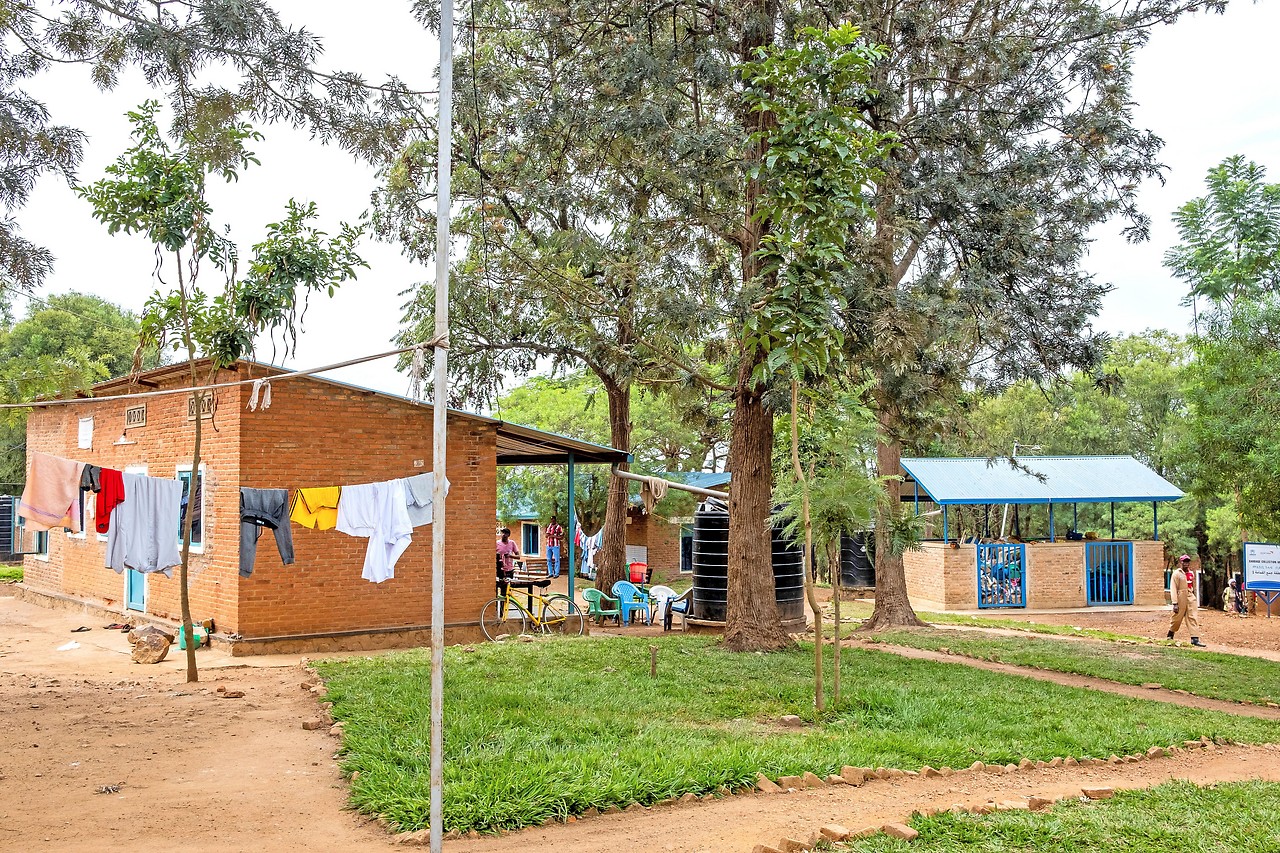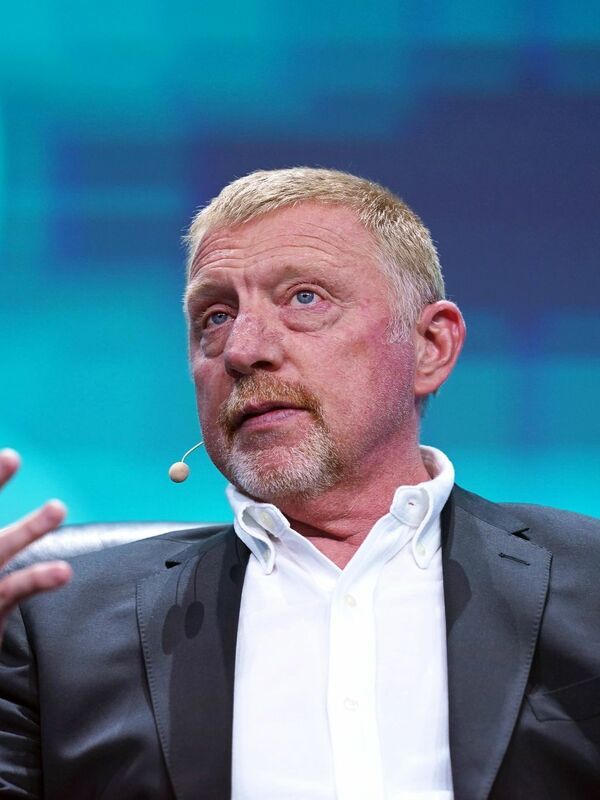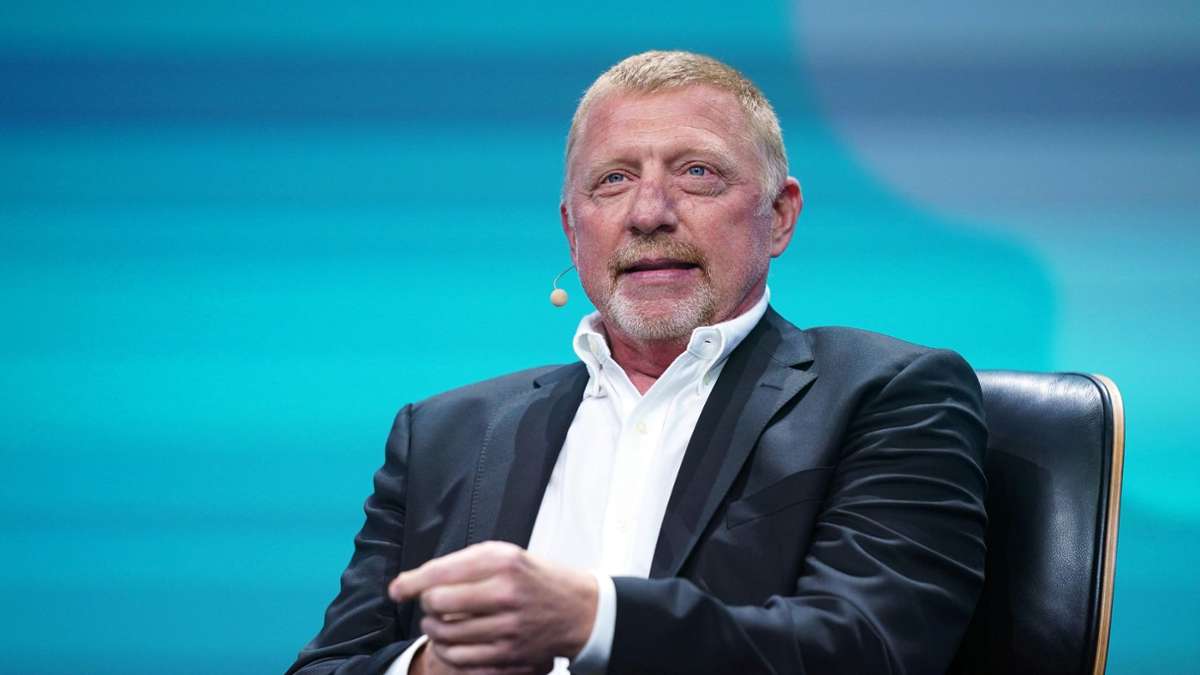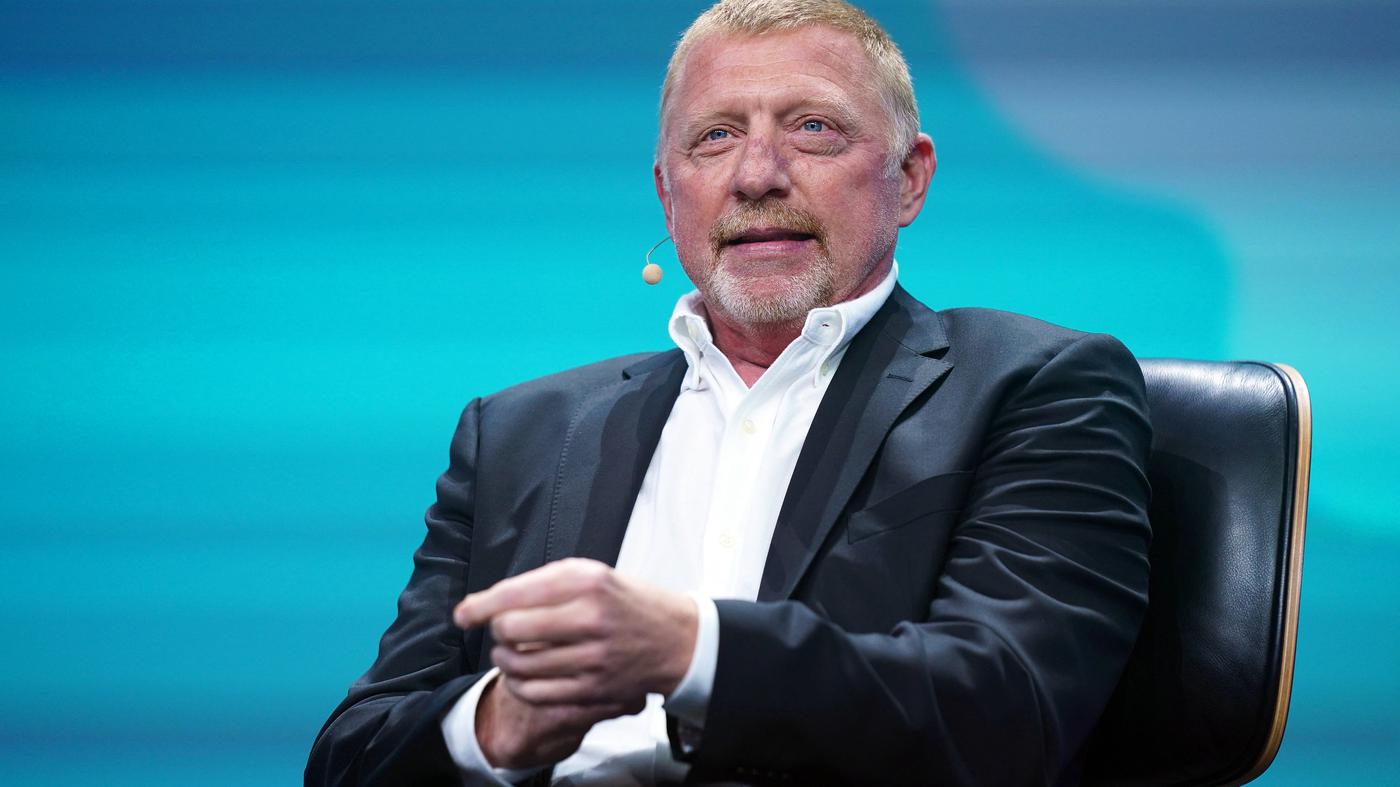The mountainous country is about the same size as Carinthia and Styria, but has about 13 million people. The country experienced its darkest hour in 1994, when members of the Hutu majority killed between 800,000 and one million Tutsi minorities within three months. The country was relatively successful in overcoming this genocide, and a resurgence and success story began – albeit flawed.
Paul Kagame has been president since 2000, and the former rebel leader has been defense minister and vice president since 1994. International experts credit Kagame with stabilizing the country politically and above all economically. Rwanda is considered one of the African countries with the highest economic growth rates for two decades. The proportion of women in politics is exemplary: with 49 of the 80 seats in parliament, the country has 61 percent of the world’s female MPs.
Dictatorship style and protests in the neighboring country
However, President Kagame is increasingly accused of authoritarian leadership. Rwanda lacks basic democratic rights, pressure to keep opposition to a minimum, and freedom of the press is very limited. Human rights violations are also regularly documented.
Rwanda has come under international pressure after being accused of providing military support to the M23 rebel group in the Democratic Republic of Congo. The conflict escalated in 2012, with Rwanda threatened with sanctions, and the Netherlands halting development aid to the country. And this year too the conflict erupted again at the international level. The neighboring country has accused Rwanda of “invasion”, and even the UN has spoken of “conclusive” evidence of Rwanda’s intervention.
Positioning as a partner of the West
This is why observers believe that Kagame is primarily trying to polish his image with Europe and other Western countries. This is in line with its strategy to raise its profile primarily through foreign policy: the country is heavily involved in the African Union (AU) and the African Development Bank and the International Conference of Local Governments in the Great Lakes Region (ICGLR). ) and the East African Community (EAC) where you are expected to take on a leadership role. For AU peacekeeping missions, Rwanda contributes troops generously to conflict zones such as Mozambique, Somalia and the Central African Republic.
According to observers, by offering to take refugees from Europe, President Kagame wants to position himself as a partner of the West. If European countries intervene, they too will be dependent. Critics point to the EU’s deal with Turkey: the Union pays Turkey to keep Syrian refugees in the country, but by contrast, President Recep Tayyip Erdogan has political clout at any moment and can threaten to break the deal and send people marching to Europe. To a lesser extent, Kagame may come to a similar position.
Experience with refugees
Rwanda also has some experience with refugees and refugee-related agreements with other countries. 120,000 to 130,000 refugees currently live in the country, mainly from neighboring Burundi and Congo.
In 2013, Israel and Rwanda secretly signed a deal to bring Eritrean and Sudanese refugees to the East African country. People in Israel were “offered” a one-way plane ticket to Rwanda and $3,500, the BBC reported. Deportation to an alternate country. Since 2013, 4,000 people have been flown to Rwanda, and few have stayed for long. Conditions in the camps were considered disastrous, and most tried to leave for other countries, but many ended up in Europe. The project was completed in 2018.
And the question of money
According to media reports, Great Britain had several options for external refugee shelters, including Ascension Island, which belongs to the British overseas territory of St. Helena, Ascension, and Tristan da Cunha in the South Atlantic. Gibraltar and the Isle of Wight in the English Channel were considered, as were Albania and Ghana. The agreement with Rwanda ended in April.
The government in the capital Kigali said at the time it was “not comparable” to the deal with Israel. It was also disbanded when it was found not to work. On the other hand, with London, there is “a comprehensive support package for migrants and the host community funded by the UK government”. This gave Rwanda another reason to get involved: it should be more profitable.
Green light from the British court
However, so far not a single refugee has been brought to Kigali, 6,600 kilometers from London. The first scheduled flight to Rwanda was halted shortly before takeoff following an injunction from the European Court of Human Rights in June. Most recently, Privilege Style, a Spanish airline that had to operate the flights, jumped in.
After several cases, the controversial asylum deal was recently given the green light by the British High Court. “It is lawful for the UK government to make arrangements to send asylum seekers to Rwanda, and the court has decided that their asylum application is in Rwanda and not in the UK,” the statement said. However, the court found that the cases of eight asylum seekers had not been properly investigated and sent them back to the Ministry of Home Affairs.
Events are not yet over
Non-governmental organizations called the ruling “a dark moment for respect for human rights in the UK”. The decision is expected to go to the next event – and then the Supreme Court will have to decide.
Rwanda welcomed the British court’s ruling. “We are ready to offer asylum seekers and migrants protection and the opportunity to build a new life in Rwanda,” the East African country’s government spokeswoman Yolande Makolo told AFP. This is a “positive step” to tackle the global migration crisis.
Denmark in the planning phase
The dispute in Great Britain did not prevent Denmark from developing similar plans. In September, the governments in Copenhagen and Kigali concluded a political declaration of intent to strengthen cooperation on asylum and migration issues. The new government, which has only been in Copenhagen for a few weeks, is sticking to the plan. Denmark’s parliament has already passed legislation in June 2021 that would make asylum centers in other countries possible.
The EU Commission criticized the plan and made it clear at the time that it had the right to take legal action if the plans were implemented. This has not stopped other countries from considering similar models. Interior Minister Gerhard Garner (ÖVP) called several times this summer to discuss the British and Danish model and develop appropriate legal options.
Criticism of UNHCR
The United Nations High Commissioner for Refugees (UNHCR), which cooperates with Rwanda, says it “strongly opposes agreements aimed at transferring refugees and asylum seekers to third countries that lack adequate guarantees and protection standards.” Such agreements are “contrary to the principles of the Geneva Refugee Convention,” UNHCR spokeswoman Ruth Schöffl told ORF.at.

According to UNHCR, such “foreign agreements” do not prevent refugees from taking “dangerous escape routes”. Rwanda, which is establishing asylum procedures, “has provided a safe haven for refugees fleeing decades of conflict and persecution, but most live in camps with little access to economic opportunities.”

“Communicator. Entrepreneur. Introvert. Passionate problem solver. Organizer. Social media ninja.”







More Stories
Boris Becker was jailed for several months in Great Britain, after which he still had to serve part of his sentence.
Great Britain wants to immediately deport asylum seekers without valid documents to Rwanda in the future.
Great Britain wants to increase defense spending to 2.5 percent of GDP